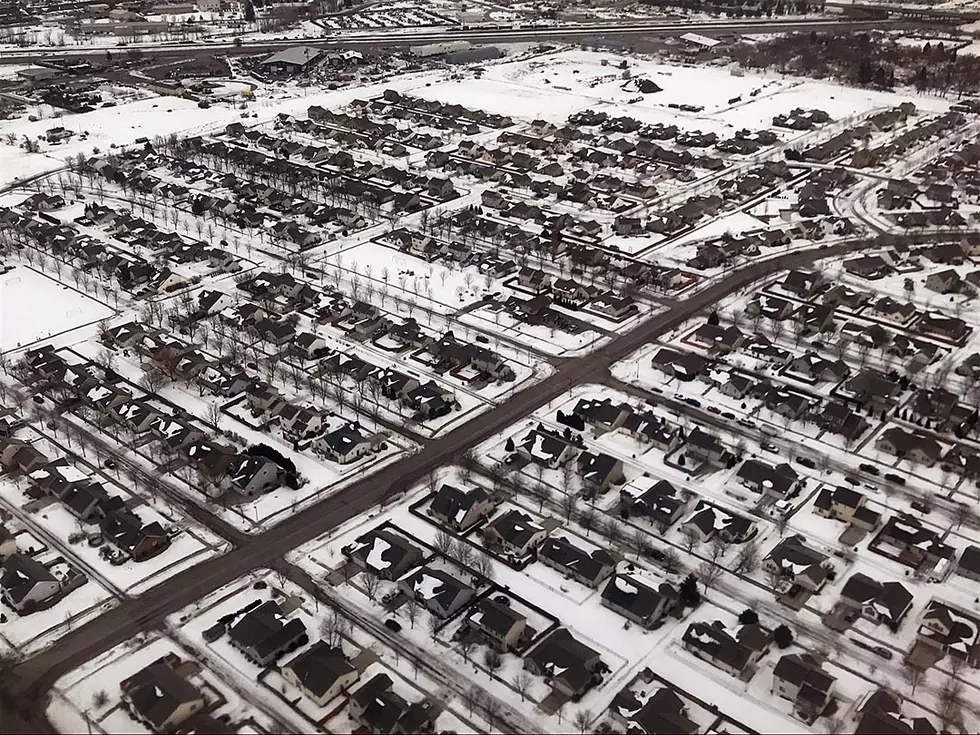
Missoula County backing city’s proposed impact fees on Mullan area development
As the City of Missoula looks to impose impact fees on new development in the Mullan area, it has a new partner in Missoula County, which is backing the proposal.
Commissioners this week placed their full support behind the measure, which could be adopted in the coming weeks. Such fees represent an equitable way of funding the cost of new growth by focusing on those who will benefit most from the infrastructure such growth requires, the county said.
“Development in the Sx ʷtpqyen (Mullan) area is moving forward rapidly, and the need for transportation, water and sewer infrastructure is becoming more necessary with each new development,” the county stated in a letter of support.
Developers in the greater Mullan area could be asked to pay impact fees on new construction to help cover the cost of expanding city services as the area grows.
Earlier this month, the Missoula City Council voted 12-0 to set a public hearing to consider at least two separate fees, including transportation impact fees and a utility development fee.
“A special impact fee is an equitable way to assess the cost of new infrastructure,” said Jeremy Keene, director of city's Public Works and Mobility. “This places the costs more closely to the folks who benefit from the improvements were making.”
The city and county last year received a $13 million federal BUILD grant to help build out the transportation network in the Mullan area. The work is expected to begin this spring, just as several large subdivisions intend to break ground.
While some contend that impact fees could increase the cost of housing, Commissioner Josh Slotnick believes otherwise.
“We are still money ahead in terms of affordable housing because of the BUILD grant,” he said. “These impact fees help lessen the property tax burden on all of us who would otherwise help cover the cost of bringing services out to these new houses. I'm strongly in support of this.”
While the city and county received $13 million in federal funding, it had initially sought $23 million. The disparity left the Mullan BUILD project around $10 million shy of the funding needed to complete the work.
Efforts to secure the remaining $10 million in a second grant were unsuccessful and growth is coming. Projections over the next 30 years anticipate nearly 18,000 new residents in the Mullan area and 8,521 housing units.
As proposed, impact fees represent a one-time payment placed on new development within a designated area. The resulting revenue provides the funding needed to accommodate new development without taxing other property owners in other parts of Missoula.
If approved, new residential development within the service area would pay an additional $1,035 to $2,647 per unit, depending upon the size of the unit. New commercial and industrial development within the service area would pay an additional $410 to $2,201 per 1,000 square feet.
“The use of special impact fees allows for development of an infrastructure backbone that can later be used by all future developments in the area,” the county states. “The impact fees are an equitable way to collect from all future users of the infrastructure and allows for construction of the needed infrastructure before all development is in place.”
https://missoulacurrent.com/business/2021/02/mullan-area-impact-fees/
